What if you could hear your deceased parent tell a story you’ve never heard?
What if you could discover thoughts they’d never expressed?
What if you could get perspective they never gave you in life?
If a parent or another loved one left behind a diary or journal – or even letters or tales of events in story form – you’ve got a gold mine.
I also realize our perception of someone may be shattered by what is written in a raw moment of honesty, guilt or bereavement. We also may learn intimate details we don’t want to know.
Early in the project to clean out my parents’ home, I found a batch of their love letters I’d never known existed. I hesitated reading them. I feared the equivalent of walking into a bedroom and discovering my parents naked.
Hungry for any connection with my mother and father, I eventually read each letter. I was relieved to discover nothing embarrassing. As my folks innocently flirted with one another, however, I saw them with fresh eyes. They’d been young and in love once, too.
Quite late in the clean out project, I discovered the closest thing to a journal in their house. My father penned about a dozen brief entries in a spiral-bound notebook. He was taking a college writing course, and journaling was evidently one of his assignments.
I scanned the entries. His tight, cursive writing was difficult to read, and while I decided to translate most of the entries later, one caught my attention. It recorded a landmark event in our family’s history – the house fire.

Our new home burned up in August 1973 before we got to live in it. I was 6 years old. My mother and I discovered the charred remains. Initially, I was inconsolable. I remember thinking about all my toys that had burned up. Lost forever. And my pretty, new bedroom furniture.
I was a child, but even as an adult so many years later, I did not entertain the impact that event had on my parents. We think of so many questions to ask after a loved one is dead. After my parents died, I wished I’d asked them more about the fire. As a child, I had fixated on toys I’d lost. Now as a grownup, grieving daughter, I wondered what they had lost. What they had felt.
My father didn’t name a single object, but the emotional impact on him became clear to me as I read his journal entry.
“I found myself staring at a vacant, smoldering lot where once a three-bedroom home had stood, and I couldn’t make myself believe it. I got raging mad for a few minutes and then very downhearted … as if (we had) lost it all.”
I went back to the journal on Independence Day evening, after the grilling and socializing and celebrating. After my husband was in bed. I’d missed Daddy all day. Perhaps it was because he was a patriot who’d served in the military. Perhaps it was because he loved food and loved hobnobbing with people. Perhaps it was because the anniversary of his death was days away.
I got out a magnifying glass and fixed it on an entry I’d not been able to read. He’d written of the season’s first snow, months before we’d pack to live in the house that the fire destroyed. A child of New England, he’d awoken to discover the snow and then got me up. We exploded onto the lawn, firing snowballs at one another. He then fashioned a sled out of linoleum.

“We only stayed out for 30 minutes or so, but I’ll always remember it, and I hope she will, too.”
No, Daddy, I said. I don’t remember that particular snowball fight, but I remember your spirit, your playful spirit. I remember your love. I will never forget your love.
It was my 4th of July moment with Dad.
I’m so grateful for the journal and for the other things my parents wrote and that I found. They’ve reminded me of events I’d forgotten, recorded thoughts I’d never known, and given me perspective on the life I shared with my family. If my house caught fire, things they wrote down would be the first possessions I’d try to rescue, even before the family photographs.
If you have a parent’s diary but you aren’t sure whether to explore it, consider first what you hope to gain from reading it and prepare yourself for the possibility of surprises. A trusted friend might scan it and earmark pages so you don’t walk in on anything emotionally damaging.
As a diarist myself, I urge you to keep what you read in perspective. I’ve written things in the heat of the moment and then feel or think a different way later, even the next day.
Above all, don’t rush to judgment. Pack away the diary if you aren’t ready – don’t burn it. In a few years, you may feel it’s time to mine its pages for vestiges of the people you love.
Did you find a diary? Have you read it? What comfort did you find within its stories?
Copyright © 2019 by Toni Lepeska. All rights reserved. www.tonilepeska.com
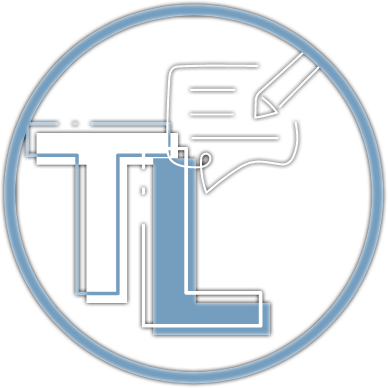

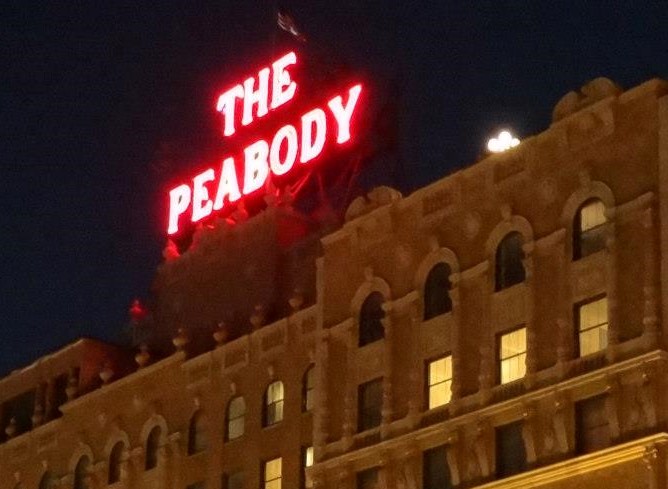
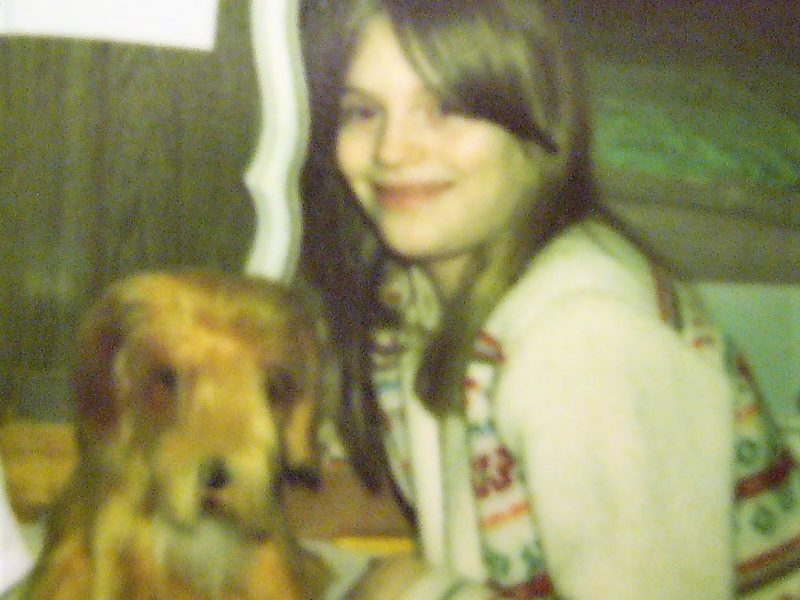
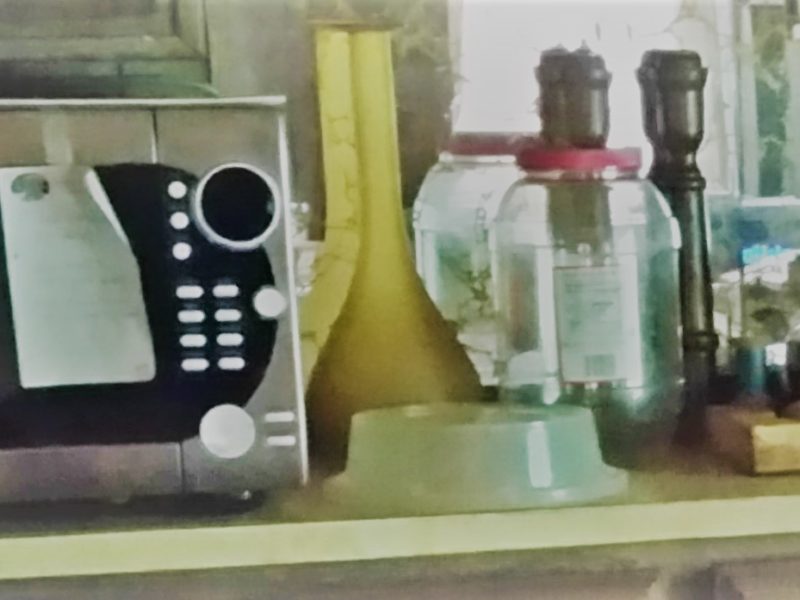
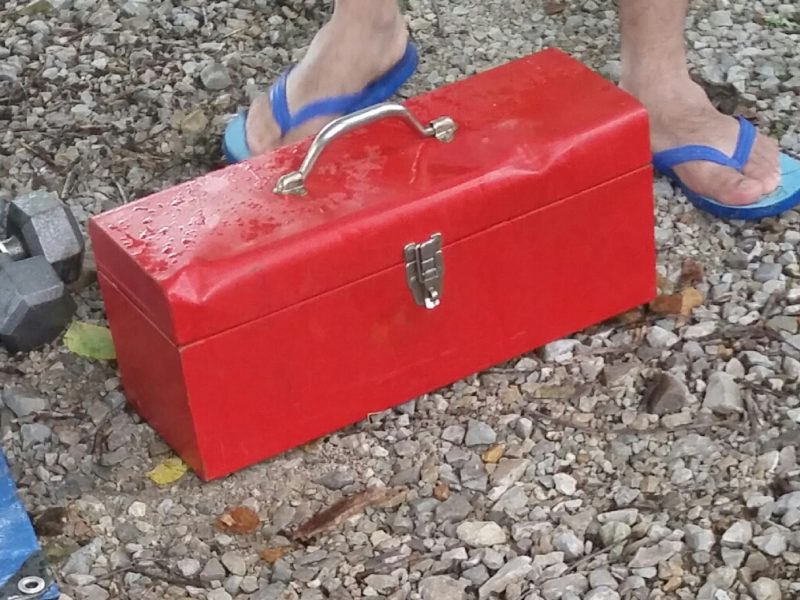
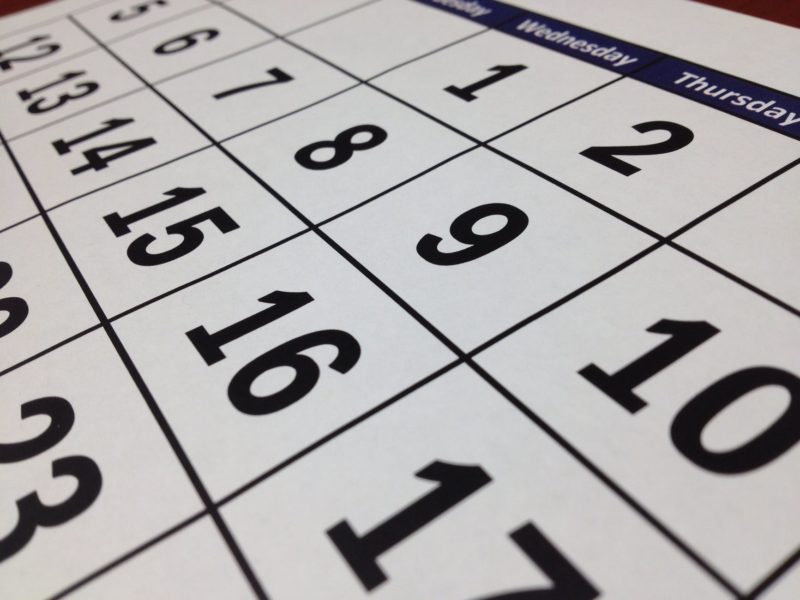
 Do Little Losses Prepare Us for Big Ones?
Do Little Losses Prepare Us for Big Ones?
I have discovered my mother’s journal in her things. I have only skimmed through a little of it and feel I am violating her privacy, somehow. But then, why did she write it? Some of it is about me in a particularly difficult time. But the most poignant thing I have read is when she described my father as his ‘non-self’ and her difficulty with him at that time. Through the dates of the entries I see that this was when he was beginning his fall into dementia and none of us realized what was going on. Maybe one day I will pull out her writings again and read a little more. Right now, I’m not ready. And she has been gone almost 7 years.
I can see your point about privacy. I can imagine others feeling this way too. I think we should take this issue on individually, as you have, and of course read (or not) at a suitable time. That may be years or decades – or never. Thanks for contributing your take on it. There are many sides to consider, and I appreciate everyone providing perspective.